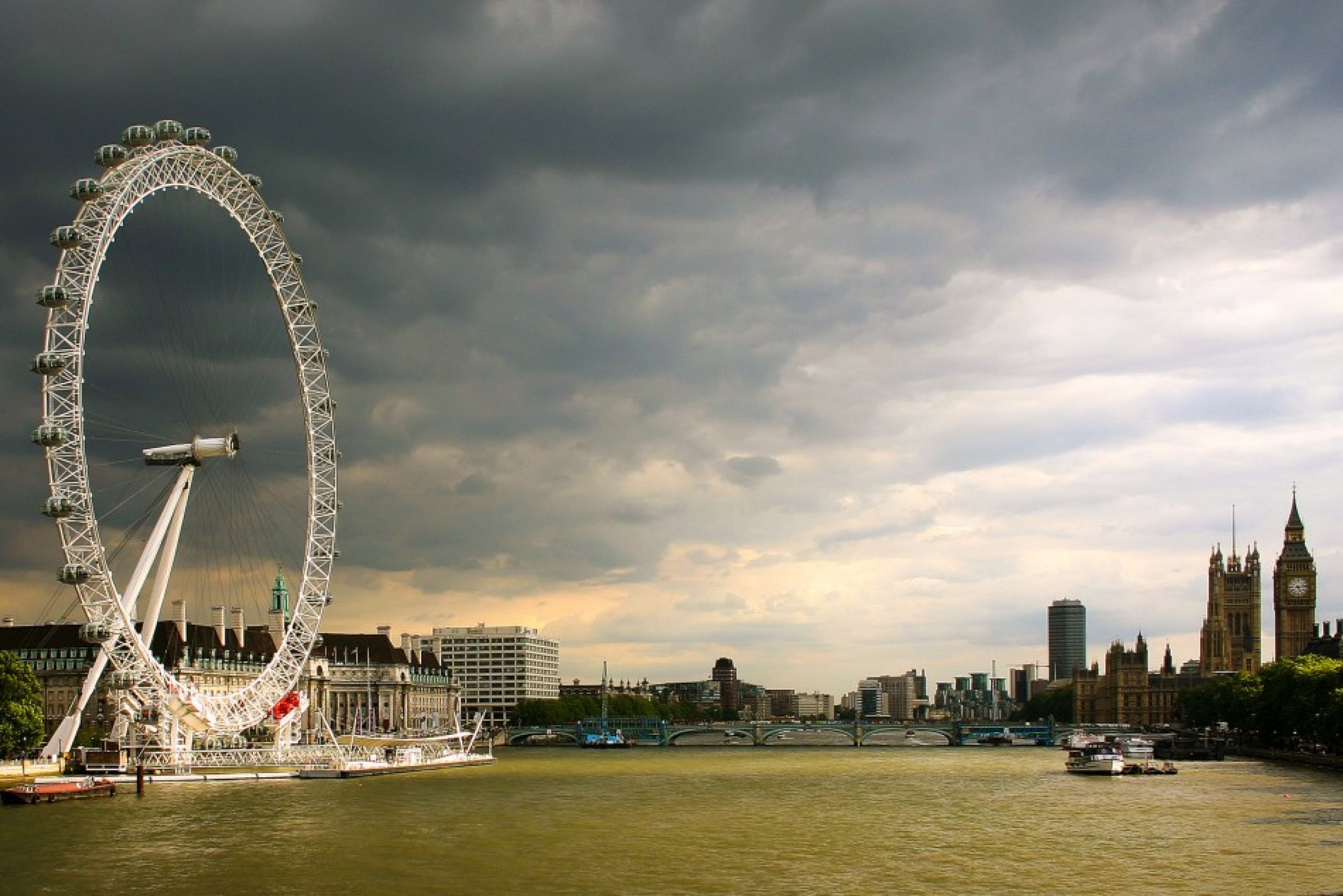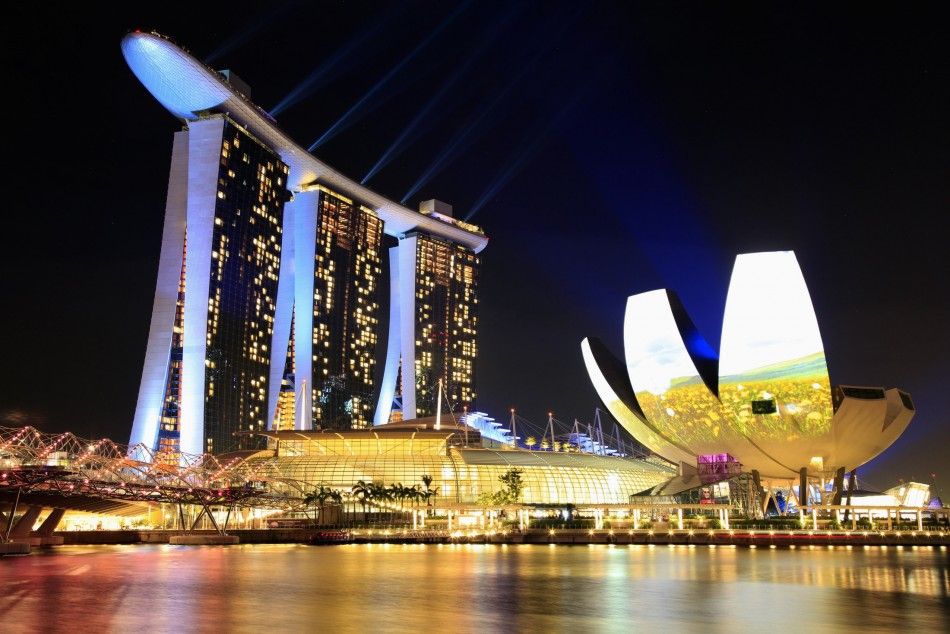Most Competitive Nations For Travel And Tourism
Despite an uncertain global economic outlook and fragile growth, tourism has proven to be one of the most resilient industries of our time. Increased globalization and the rise of the middle class in several developing economies have made travel and tourism a critical sector for economic development. Indeed, the industry now employs one in 11 working adults globally. But, as the World Economic Forum’s latest Travel and Tourism Competitiveness Report shows, some nations are doing a far better job than others.
“The travel and tourism industry has weathered the global downturn and is now playing an important role in helping tackle serious global challenges, including youth unemployment, economic development and environmental sustainability,” explained Thea Chiesa, director of travel and tourism industries at the World Economic Forum. “The challenge for the industry and its stakeholders today is to maintain this powerful contribution to economic growth and employment, while continuing to proactively pursue the shared goals of facilitating global travel and tourism and protecting host cultures, identities and environments.”
The Geneva-based foundation’s 2013 report focused on the theme of “reducing barriers to economic growth and job creation,” and it ranked 140 countries using data compiled by international travel and tourism institutions and expert surveys. Researchers measured each nation’s infrastructure, cultural sites, facilities, staff, ability to develop, and overall attractiveness, among other features, and they found that Switzerland, Germany and Austria ranked the absolute best for travel and tourism competitiveness.
Despite its financial woes and 26 percent unemployment rate, Spain climbed four places in the biannual survey to No. 4 thanks to its numerous cultural resources, abundance of international fairs and exhibitions, and significant sports stadium capacity. France, meanwhile, fell four places to No. 7 due to some restrictive regulations in its tourism sector. Sweden also tumbled from No. 5 to No. 9.
Rounding out the top 10, the UK climbed two places to No. 5, the U.S. remained at No. 6, Canada climbed one spot to No. 8 and Singapore stayed at No. 10.
Among developed nations, New Zealand and Japan also showed strong improvement over the past two years, with the former climbing eight positions to No. 14. The bottom of the list, meanwhile, was dominated by strife-ridden nations in Sub-Saharan Africa, though Haiti came in dead last.
Emerging economies reported mixed levels of progress. Of the BRIC nations, for instance, just Brazil and India moved up in rankings, while Russia’s corruption and China’s lack of infrastructure saw them tumble downward.
Rising stars included Panama, which shot up the list from No. 56 to No. 37, and the Philippines, which climbed from No. 94 to No. 82, thanks to policy improvements aimed at supporting the tourism industry.
“Industry resilience has been driven by the growth of the middle class in emerging markets, although advanced economies, too, are displaying positive momentum,” noted Jennifer Blanke, chief economist and head of the Global Competitiveness and Benchmarking Network at the World Economic Forum. “Better policies, harnessing technology and facilitating the movement of people over borders will allow the industry to capitalize on this tailwind and support rising prosperity into the future.”
For a complete look at the top 10 most competitive markets for travel and tourism in 2013, scroll through the slideshow above.








© Copyright IBTimes 2024. All rights reserved.












